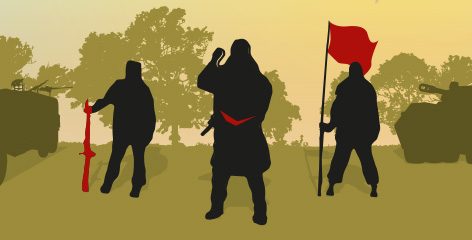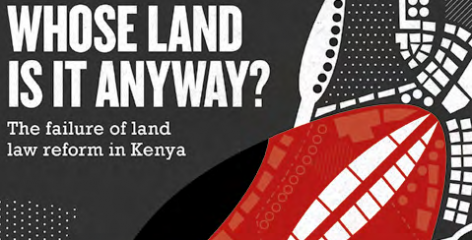How Boko Haram exploits history and memory
Off
#BringBackOurGirls, abubakar shekau, adamawa, bauchi, Boko Haram, borno, Buhari, Cameroon, Chad, Chibok, Civilian Joint Task Force, history, ideology, Islam, kanem-bornu, Kanem-Bornu empire, kanuri, Lake Chad basin, muhammed yusuf, Multinational Joint Task Force, Niger, Nigeria, northeast Nigeria, northern Nigeria, radical Islam, salafism, sambisa, security, shekau, terrorism, Western education, yobe, yusuf
Fr. Atta Barkindo looks at the ways in which Boko Haram has exploited history and memory to create an ideology grounded in local context.









